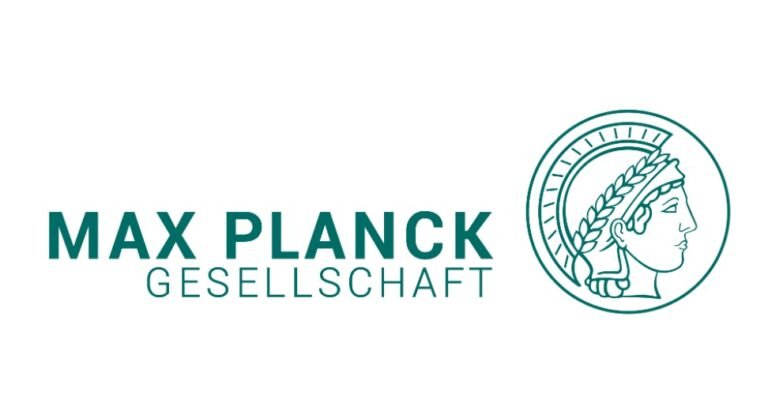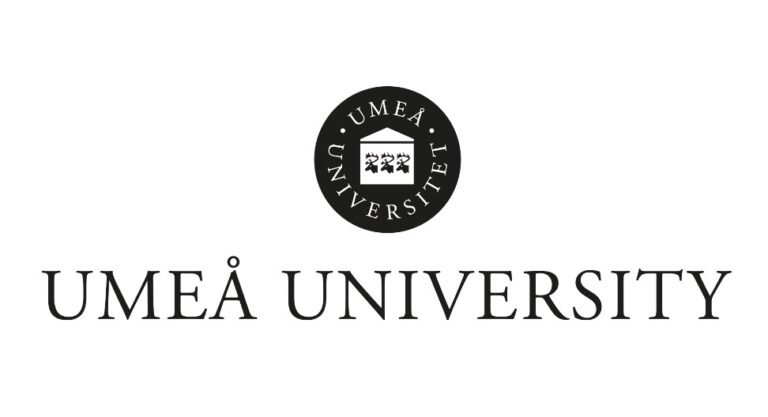Job Code: FT-02-2025
Job Offer from January 23, 2025
The Max Planck Institute for Evolutionary Anthropology (MPI EVA) brings together scientists from diverse backgrounds (natural sciences and humanities) with the aim of investigating the history of humankind from an interdisciplinary perspective using comparative analyses of genes, cultures, cognitive abilities, languages and social systems of past and present human populations, as well as those of primates closely related to humans.
The Department of Comparative Cultural Psychology at MPI EVA combines developmental, cross-cultural, and comparative psychology approaches to contribute to this agenda by studying human cognition and diversity.
We are looking for a PhD Student (m/f/d) for a doctoral project in the field of psychology focusing on the early development of social cognition in dyadic and small group settings. The successful applicant will be funded for three years (extension up to five years is possible), ideally starting May 1st, 2025.
Your project
This PhD project aims to investigate the developmental and cultural foundations of various phenomena related to social cognition, such as Theory of Mind, prosociality, social learning, and collaboration, in dyadic and small group settings. The project will be based in Leipzig, but will also involve cross-cultural fieldwork in Namibia and Polynesia. As part of the project, you will contribute to the co-design, execution, analysis, and dissemination of child-friendly observational experiments to better understand how children navigate peer interactions involving multiple social partners.
You will be hosted in the Department of Comparative Cultural Psychology at the Max Planck Institute for Evolutionary Anthropology, advised by Daniel Haun (Director) and Roman Stengelin (Senior Scientist).
What we expect
- Excellent Master’s degree in Psychology or a related cognitive science field
- Experience in conducting behavioral experiments
- Excellent statistical knowledge and skills in data analysis using R
- Excellent English language skills, both written and spoken
- Willingness to spend 3 to 4 months/year in remote conditions as part of cross-cultural fieldwork
- German language skills are not required, but advantageous for data collection
- Openness to learn new languages and engage with people from diverse cultural communities
- A genuine interest in child development
Most importantly, we are looking for cooperative, curious, and team-oriented candidates who are eager to learn and thrive within an international, interdisciplinary research environment.
What we offer
- An inspiring, international, and interdisciplinary research environment, working alongside leading domain experts
- The opportunity to work with cutting-edge resources and receive the support needed to carry out impactful research
- Max Planck Doctoral funding for a minimum of three years, with the possibility of extension for up to five years. The salary will be based on the German “Tarifvertrag für den Öffentlichen Dienst” (TVöD), 65%
- The chance to contribute to transformative research exploring childhood social cognition across cultures and development
How to apply
Electronic Applications (see link below) will be considered until March 1st, 2025.
Only complete submissions will be taken into consideration.
Your application should contain the following information:
- A Cover Letter detailing your motivation for the research topic, relevant experience, and expectations for the position (max. 2 pages)
- A Curriculum Vitae including copies of relevant university degree certificates
- Contact details for two references (incl. email)
- A Writing Sample (e.g., thesis or first-author publication), including a short statement on whether and to what extent AI tools were used in drafting the sample
Candidates of all nationalities are invited to apply. The Max Planck Society and the Department of Comparative Cultural Psychology are committed to equal opportunities and encourage applications from individuals with disabilities and those typically underrepresented in science fields, such as women and minorities.
For more information (no application), please do not hesitate to contact: Roman Stengelin
We look forward to receiving your completed online application.





